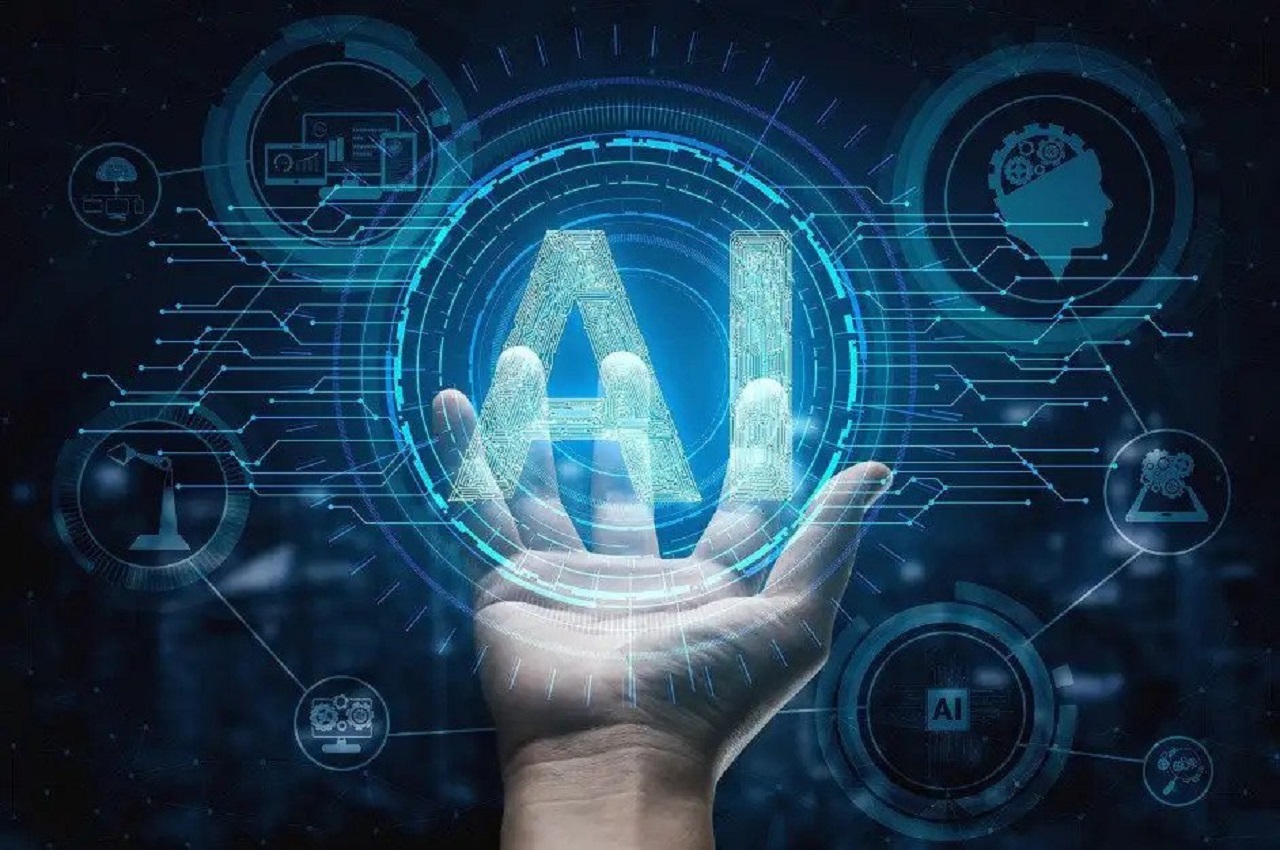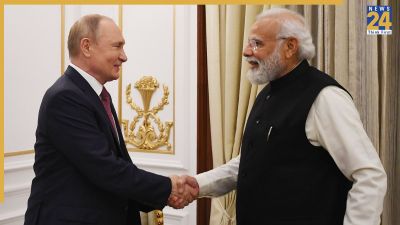New Delhi: India will take over the chair of the Global Partnership on Artificial Intelligence (GPAI), said the ministry of Electronics and IT on Sunday.
Rajeev Chandrasekhar, the minister of state for Electronics and IT, will represent India at the GPAI meeting to be held in Tokyo on November 21 for the symbolic takeover from France, which is the outgoing Council Chair.
“In the election to the Council Chair, India had received more than a two-third majority of first-preference votes while Canada and the United States of America ranked in the two next best places in the tally,” the minister said.
For the 2022-2023 Steering Committee, the five government seats will therefore be held by Japan (as Lead Council Chair and Co-Chair of the Steering Committee), France (Outgoing Council Chair), India (Incoming Council Chair), Canada and the United States.
“India occupying the chair also signifies how the world today perceives India as a Trusted Technology partner and one that has always advocated for the ethical use of technology for transforming citizens lives,” the ministry added.
AI has been Catalyzing the Tech Landscape & pushing further the envelope of human possibilities. AI is expected to add USD $967 Bn to Indian economy by 2035 and USD 450–500 billion to India’s GDP by 2025, accounting for 10% of the country’s USD 5 trillion GDP target. Artificial Intelligence is a Kinetic enabler for growth of India’s Technology ecosystem & a force multiplier for achieving $1 Trillion Digital Economy goal by 2025.
About GPAI
GPAI is a congregation of 25 member countries, including the US, the UK, EU, Australia, Canada, France, Germany, Italy, Japan, Mexico, New Zealand, Republic of Korea, and Singapore. India had in 2020 joined the group as a founding member.
It is a first-of-its-type initiative for evolving better understanding of challenges and opportunities around AI using the experience and diversity of participating countries, the alliance will look to bridge the gap between theory and practice by supporting advanced research and applied activities on AI-related priorities.
It works in collaboration with partners and international organisations, leading experts from industry, civil society, governments, and academia to collaborate to promote responsible evolution of AI and guide the responsible development and use of AI, grounded in human rights, inclusion, diversity, innovation, and economic growth.













